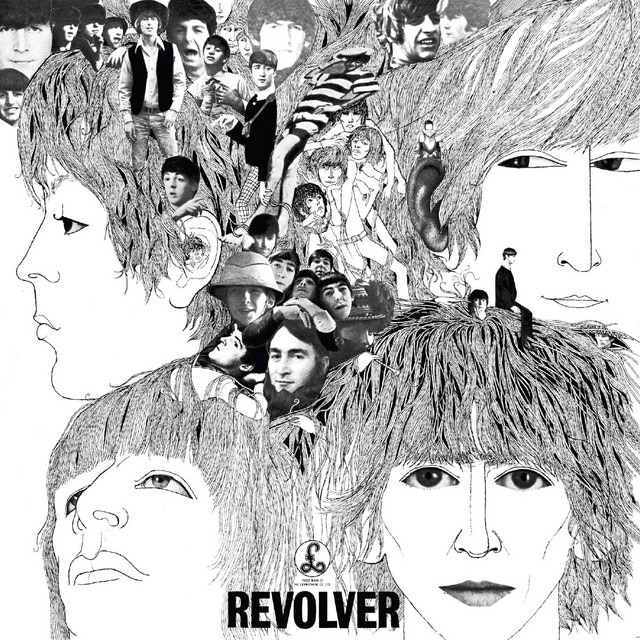Revolver marked a pivotal moment in The Beatles’ career, blending experimental sounds with groundbreaking studio techniques. Tracks like “Tomorrow Never Knows” and “I’m Only Sleeping” showcased the first use of backward guitar recording and automatic double tracking (ADT), pushing the boundaries of music – popular and otherwsise. From psychedelic rock to children’s tunes like “Yellow Submarine,” there really is something for everyone.
- First Use of Backward Guitar Recording: Revolver features the first use of reversed guitar recordings in popular music, particularly on the song “I’m Only Sleeping.” George Harrison’s guitar solo was recorded, reversed, and then layered onto the track, giving it a dreamy, otherworldly sound.
- First Use of Automatic Double Tracking (ADT): Engineer Ken Townsend at Abbey Road Studios developed ADT specifically for The Beatles during the Revolver sessions. This technique automatically doubled a vocal or instrumental track, creating a fuller sound without the need for manually recording multiple takes.
- “Tomorrow Never Knows” Inspired by Timothy Leary: The lyrics of “Tomorrow Never Knows” were inspired by Timothy Leary’s book The Psychedelic Experience, which was itself a reinterpretation of The Tibetan Book of the Dead. John Lennon drew from these texts, creating the song’s spiritual and experimental atmosphere.
- Ringo’s Favorite Drum Sound: Ringo Starr has often stated that the drum sound on Revolver is one of his favorites. His tight, punchy drumming on tracks like “She Said She Said” and “Tomorrow Never Knows” was achieved by stuffing blankets in his bass drum and closely mic-ing the kit.
- “Yellow Submarine” Was Written for Children: While it’s often viewed as a whimsical Beatles classic, “Yellow Submarine” was intentionally written as a children’s song. Paul McCartney composed it with a simple, sing-along structure and handed the vocals to Ringo Starr, as he often sang the more lighthearted songs.







